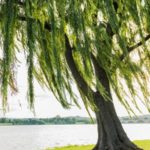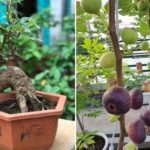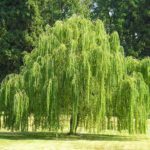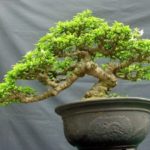In traditional culture, mulberry trees are considered unlucky and are often avoided in front-yard plantings. The tree’s name in Chinese, “sang,” sounds similar to the word for “funeral,” leading to its association with bad luck. It is believed that planting certain trees in front of your house can negatively impact your family’s wealth and health.
The saying, “If you don’t plant shade trees, your wealth will disperse,” emphasizes the importance of choosing the right type of tree. While some trees are associated with good luck and cultural significance, there are five types that are considered unlucky or inauspicious and are generally avoided in front-yard plantings.
Mulberry Tree
As mentioned earlier, the mulberry tree is often avoided in front-yard plantings due to its association with funerals and bad luck. The belief is that planting certain trees in front of your house can have a negative impact on your family’s fortune and well-being.
Weeping Willow
According to feng shui principles, weeping willows are believed to carry negative energy and attract evil spirits. Their drooping branches and leaves create a somber and weak atmosphere, which is not conducive to creativity and a positive family environment. For this reason, they are usually not chosen for residential landscaping.
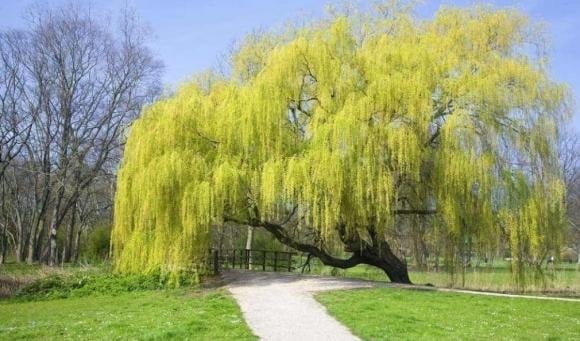
Weeping willows are considered to bring negative energy and attract evil spirits according to feng shui.
Chinese Pistache
While the Chinese pistache is a robust and vibrant tree, its tall stature and dense foliage can block light and air circulation in your home. Additionally, it may attract insects and cause inconveniences in daily life, making it unsuitable for front-yard plantings.
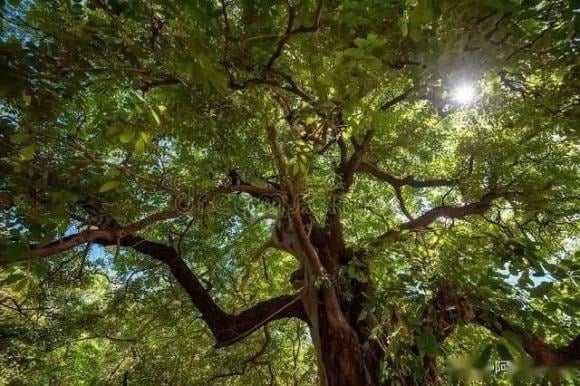
The Chinese pistache’s tall and dense foliage can block light and air circulation.
Cedar Tree
Although the cedar tree remains evergreen throughout the year, its solemn appearance can bring a sense of seriousness and formality. Cedars are also often associated with funeral ceremonies in traditional culture, making them a rare choice for front-yard plantings.
Pear Tree
Pear trees are a common fruit-bearing species, often cultivated in orchards or on farmland. However, despite the popularity of the fruit, the name “pear” is considered unlucky due to its homophonic relation to the word “separate.” For this reason, pear trees are usually not planted in home gardens, and when eating pears, people often avoid doing so alone.
Weeping Willow: Symbolism, Significance, and the Art of Cultivation
The weeping willow is a majestic tree, renowned for its graceful beauty and enchanting floral display. Its sweeping branches and vibrant blooms create a stunning spectacle, captivating all who witness its splendor. This tree is more than just a pretty face, though; it has a rich history and symbolism that adds to its allure. In this introduction, we will delve into the origins and significance of the weeping willow, exploring its botanical classification and the cultural meanings it holds. We will also present a curated collection of breathtaking images, showcasing the true magnificence of this extraordinary tree.
The Art of Shaping a Magnificent Mulberry Tree – Simple Techniques for Stunning Results
The Mulberry tree is a beloved and familiar presence in many gardens and landscapes. Its graceful branches and lush foliage lend themselves perfectly to the art of bonsai and aesthetic pruning. With a few simple techniques, you can master the art of shaping a Mulberry tree into a stunning visual masterpiece.
























